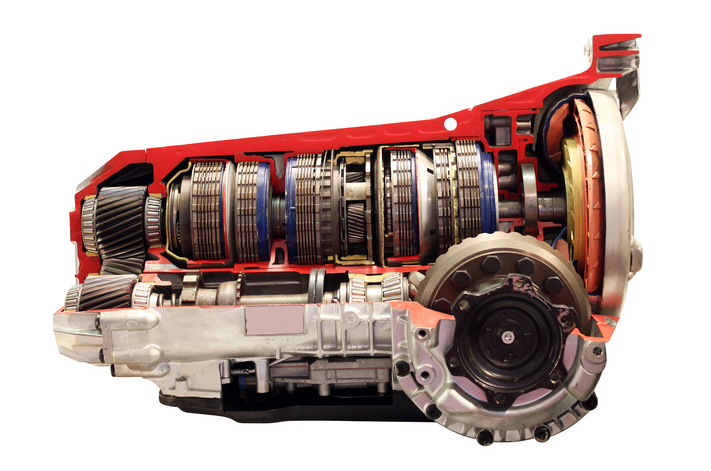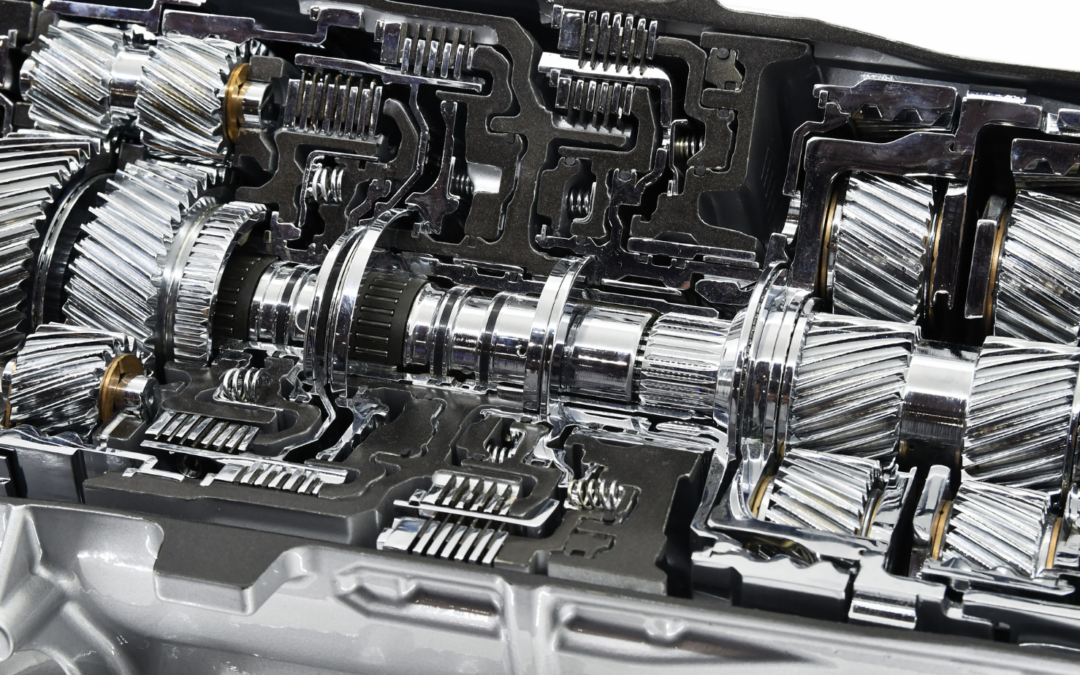Transmission Repair Signs
Although automatic transmissions are not necessarily delicate flowers, they still require the proper conditions to function at their best. Although it’s not required to take care of them right away, maintaining a car is obviously a necessary aspect of car ownership. Maintaining a transmission is more like a routine checkup than constant babysitting, and the most frequent errors that might break your gearbox have to do with carelessness and ignorance. It may come as a surprise to learn that the owner of the vehicle, as opposed to the automaker, has the most influence on how long an automatic transmission will last. Here are some Transmission repair signs.
The greatest influence on your transmission’s service life will come from having understanding of it and using it; the difference between the two can be the difference between your transmission failing sooner than the rest of your car or lasting longer. Here are the top 5 blunders that can damage your transmission, so let’s clear up a few things up front.
Neglecting to have your transmission serviced
Transmission Fluid Color: One of the Top 5 Common Mistakes That Can Ruin Your Transmission Every now and then, an automatic gearbox needs to be tuned, just like you should visit the doctor for a checkup about once a year. It’s likely that if you don’t maintain your transmission, dirt and other pollutants will accumulate within, making it operate slowly and eventually develop issues. If you leave it alone for a long enough period of time, the transmission will eventually stop working due to lack of upkeep.
However, even if it exhibits serious transmission issues far in advance of its demise, it will most likely be too late to prevent it from failing prematurely. Because of this, according to experts, you should get your transmission repaired every 30,000 to 60,000 miles, or roughly every 2 to 5 years, depending on the mileage you drive and how often you use your car. These treatments, such as changing the transmission fluid or doing a full transmission flush, do wonders for lubricating your transmission for peak performance (always make sure that the transmission filter is changed each time).
However, in addition to having your vehicle serviced every 30,000 to 60,000 miles, you should also be sure to check your transmission for any issues. Establish a timetable for maintaining your automobile, then stick to it, whether you’re checking the transmission fluid, searching for leaks, or listening for strange noises.
Low Transmission Fluid Levels
Transmissions struggle greatly with this issue of low fluid levels. Transmission fluid is necessary for automatic gearboxes in order to cool themselves from any heat they produce, lubricate their numerous moving parts, and provide hydraulic fluid pressure. Your transmission will operate at its best when the fluid levels are optimal; otherwise, it will work extra hard to make up the fluid deficit. Without sufficient transmission fluid, the transmission is far more likely to raise its operating temperature, resulting in excessive heat, which is the enemy of automatic transmissions.
By routinely monitoring the fluid levels in your transmission and paying attention to how dirty the fluid is, you may avoid that from happening. If your fluid levels are low, you probably have a fluid leak that has to be fixed right away.
Utilizing the incorrect kind of transmission fluid
Using the wrong kind of transmission fluid is just as disastrous as using little transmission fluid. Many people probably mistakenly think that all transmission fluid is fundamentally the same, yet nothing could be farther from the truth. It is your job to ensure sure your transmission is receiving the proper fluid, whether you are having it serviced or adding fluid manually. Specific transmissions require specific ATF to operate efficiently. This is due to the fact that various transmission fluid types have additives and viscosity levels that vary.
Ignoring issues until they become critical
When you shift into a different gear, does an odd sound come out? Have you seen a dark red mark on your driveway? A grinding, shaking, slipping, or stopping sound is present. Any strange transmission symptoms you encounter should be taken seriously and require your quick attention. Since none of these characteristics are present in typical transmissions, their occurrence only indicates that something has gone wrong.
If you encounter any of these issues, damage to your transmission is unavoidable; but, getting it corrected as soon as you can will help stop future damage. While bringing your car into a shop and its cost might worry you, a better and more sensible question to ask is how much is it going to cost to rebuild or replace a transmission should I keep driving and have it fail prematurely? Driving while there are red flags warning you is a huge risk. Don’t let things pass; read through our comprehensive guide to transmission problems for a list of potential issues.
Permitting Your Transmission to Get Too Hot
Just consider it: a fever, which typically results in subpar performance and the sensation that you want to die, is caused by a 2 degree increase in your body temperature. And what about the way that transmissions feel? Well, if they could, they’d probably be upset or furious with you for choosing to disregard their health. Your transmission will eventually fail owing to high fluid temperatures; it is thought that about 90% of all transmission failures are caused by too much heat. Additionally, it’s well known that every 20 degrees of fluid temperature increase will reduce your transmission’s lifespan by up to 50%, even though transmissions don’t experience the same health problems that individuals do with just a two degree temperature increase!
But what specifically causes overheating in transmissions? Low, unclean, or burned is not a good choice for your transmission because the majority of it is frequently related to transmission fluid itself. However, other variables, such as a slipping transmission, a broken solenoid, heavy towing, a lot of stop-and-go driving, or an extremely hot environment, may also be at play. In order to avoid overheating, connecting a transmission temperature gauge is an excellent way to “gauge” your transmission’s operating temperature while you’re driving.





